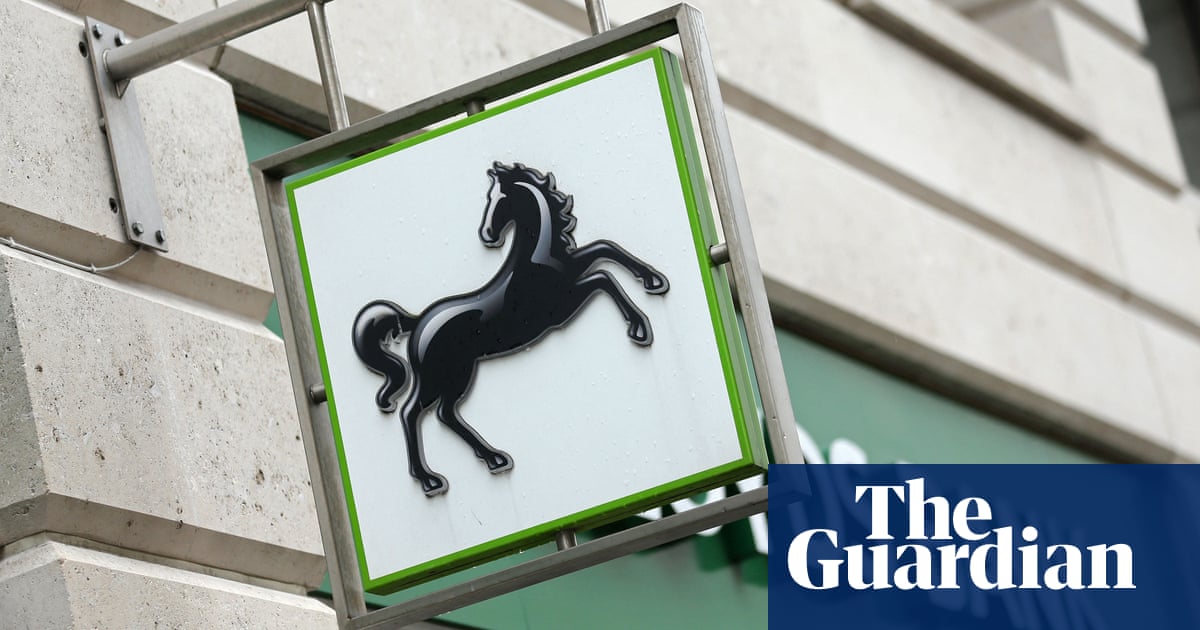
Three large food factories have closed in England and Wales after about 250 workers tested positive for coronavirus, as the Unite union said it was aware of suspected outbreaks at five other sites across the UK.
A meat processing site owned by Asda in West Yorkshire became the third food plant in 48 hours to confirm an outbreak after about 150 workers fell ill with the virus. The Kober plant, which supplies bacon to Asda supermarkets and employs more than 500 people, has closed until next week with a test-and-trace programme under way.
On Thursday the UK’s main supplier of supermarket chicken, 2 Sisters Food Group, said it was closing its Anglesey plant for 14 days after 58 people tested positive for coronavirus.
In Wrexham, 38 staff have tested positive at Rowan Foods, which makes food for supermarkets across the UK. Bosses said the cases reflected an increase in the local area rather than a spread within the site.
The cluster of new cases in food processing plants will raise concerns about a potential outbreak similar to those seen in France and the US. In the latter, as many as 25,000 meat and poultry workers are reported to have contracted Covid-19 with at least 91 deaths.
The confined working conditions and long periods spent by workers in close proximity – often 10 to 12 hours a shift – mean meat factories are at substantially heightened risk of spreading the coronavirus through human-to-human transmission, the US Centers for Disease Control and Prevention has said.
Unions have said the living conditions of many low-paid workers in the factories is another contributing factor, as is time spent by colleagues in communal spaces such as in locker rooms and on shuttle buses.
In the UK, four food factories are reported to have been affected to date. However, Unite said it was aware of five other “suspected Covid-19 outbreaks” at other sites across the UK.
Bev Clarkson, a national officer at Unite, said there were “major issues” with the health and safety of workers in the meat processing industry and urged employers to implement proper physical distancing and provide adequate protective equipment “to stop further spikes within the sector”.
“Unite has warned time and again that coronavirus outbreaks at meat processing factories throughout the UK were likely,” she said. “The union has been in touch with the management of all three closed factories to insist that staff only return to work when it is safe to do so and when further outbreaks can be prevented.”
Three workers died from coronavirus after a small outbreak at a meat processing plant in South Yorkshire last month.
The family member of one of those who died accused Cranswick, the company that owns the plant, of failing to adequately protect workers, citing a lack of face masks, a lack of physical distancing, and the provision of only the statutory sick pay of £95.85 a week for those too ill to work.
Cranswick said it had rigorous cleaning procedures in place, that distancing measures had been in place in the plant since the middle of March, and that visors were now available for anyone who wanted to use them.
A Guardian analysis last month found that almost half of the Covid-19 hotspots in the US were linked to plants where poultry, pigs and cattle were slaughtered and packaged. The outbreaks led to calls for urgent reforms to an industry beset by health and safety issues.
The United Food and Commercial Workers union said recently that at least 44 slaughterhouse workers in the US had died from the virus and another 3,000 had tested positive.
Public health officials in Germany are grappling with an outbreak among hundreds of workers at a meatpacking plant in Rheda-Wiedenbrück. At least 730 workers have tested positive at the Tönnies Group plant, it emerged on Thursday. Germany’s agriculture minister called for an official investigation into the outbreak.
Britain’s biggest meat industry body, the British Meat Processors Association (BMPA), said none of its members had so far had to close factories over coronavirus.
David Lindars, the BMPA’s technical operations director, said he believed there had only been a “very small amount” of confirmed cases within the red meat industry in the UK, but the body was not collecting data for a national picture.












